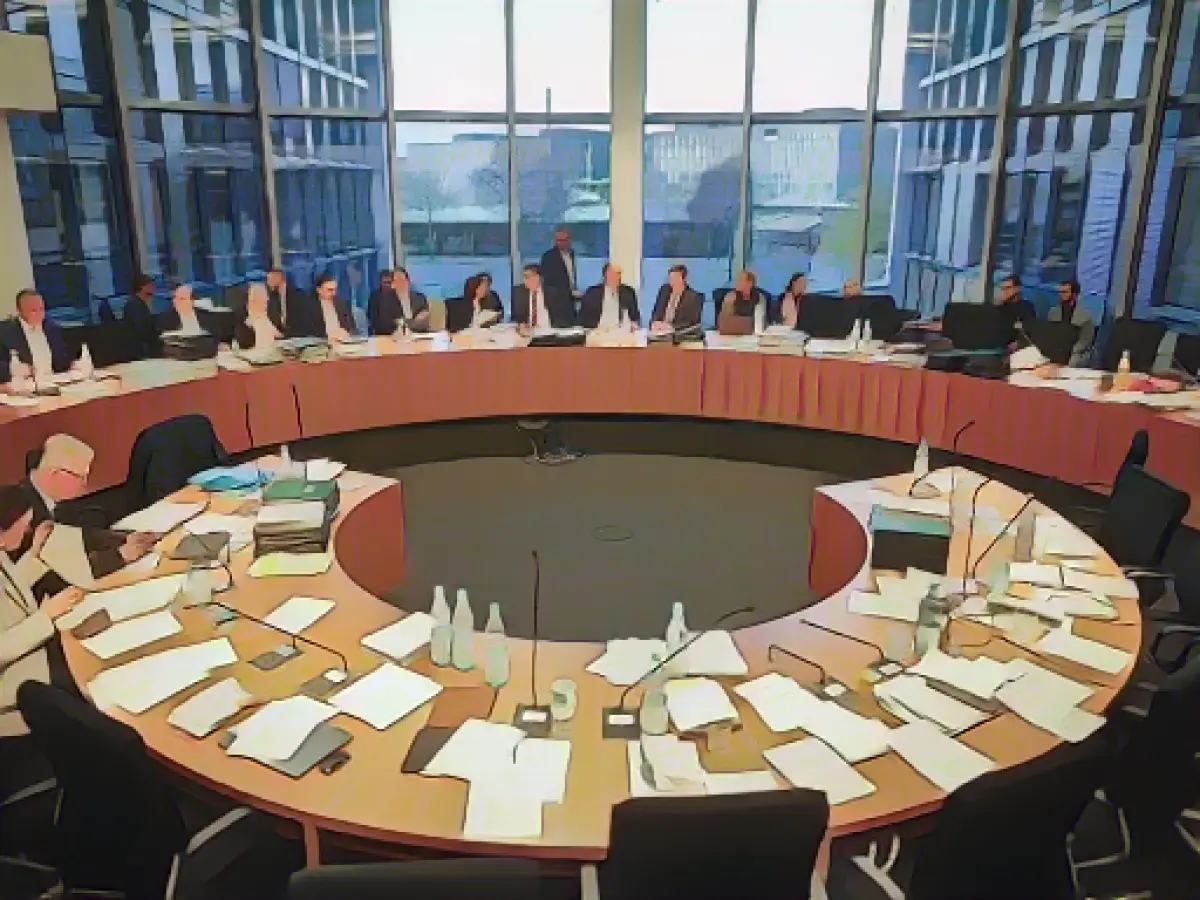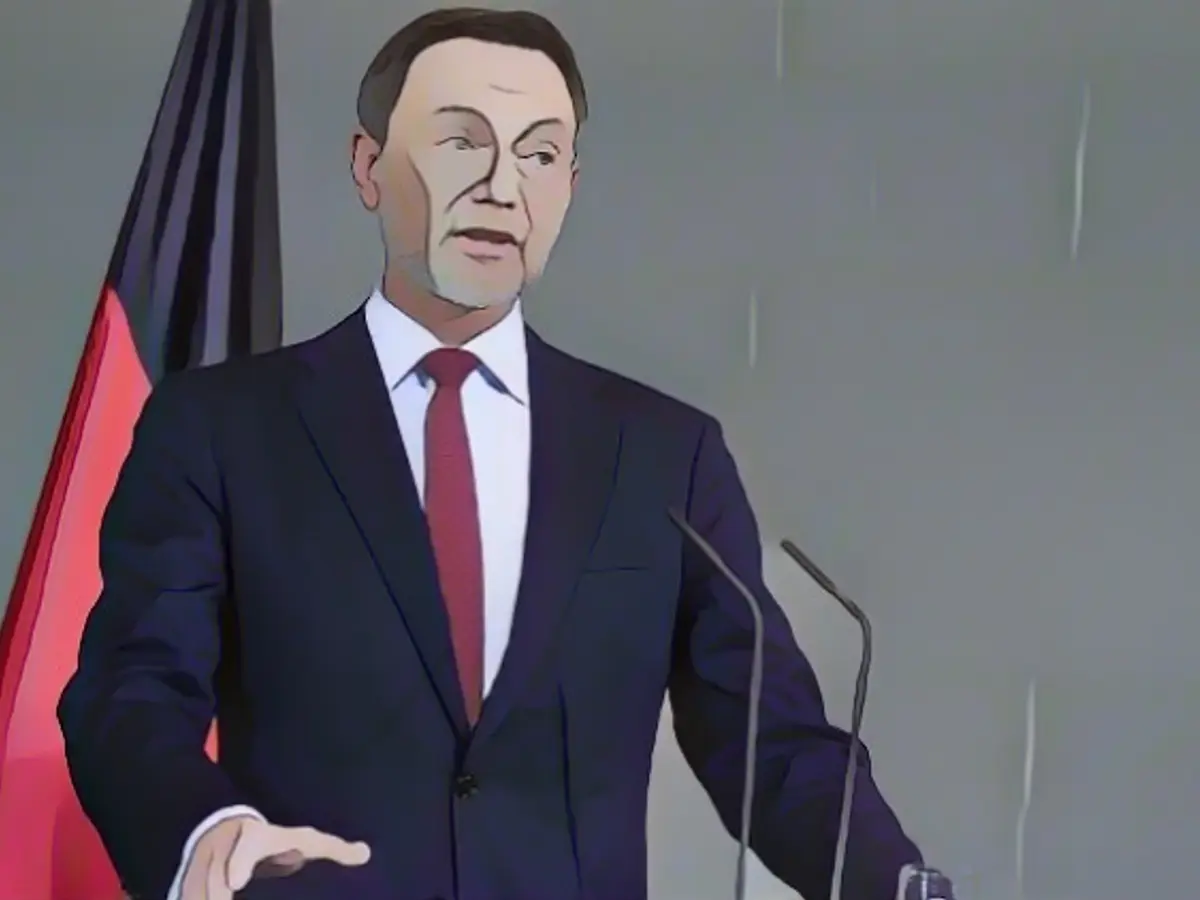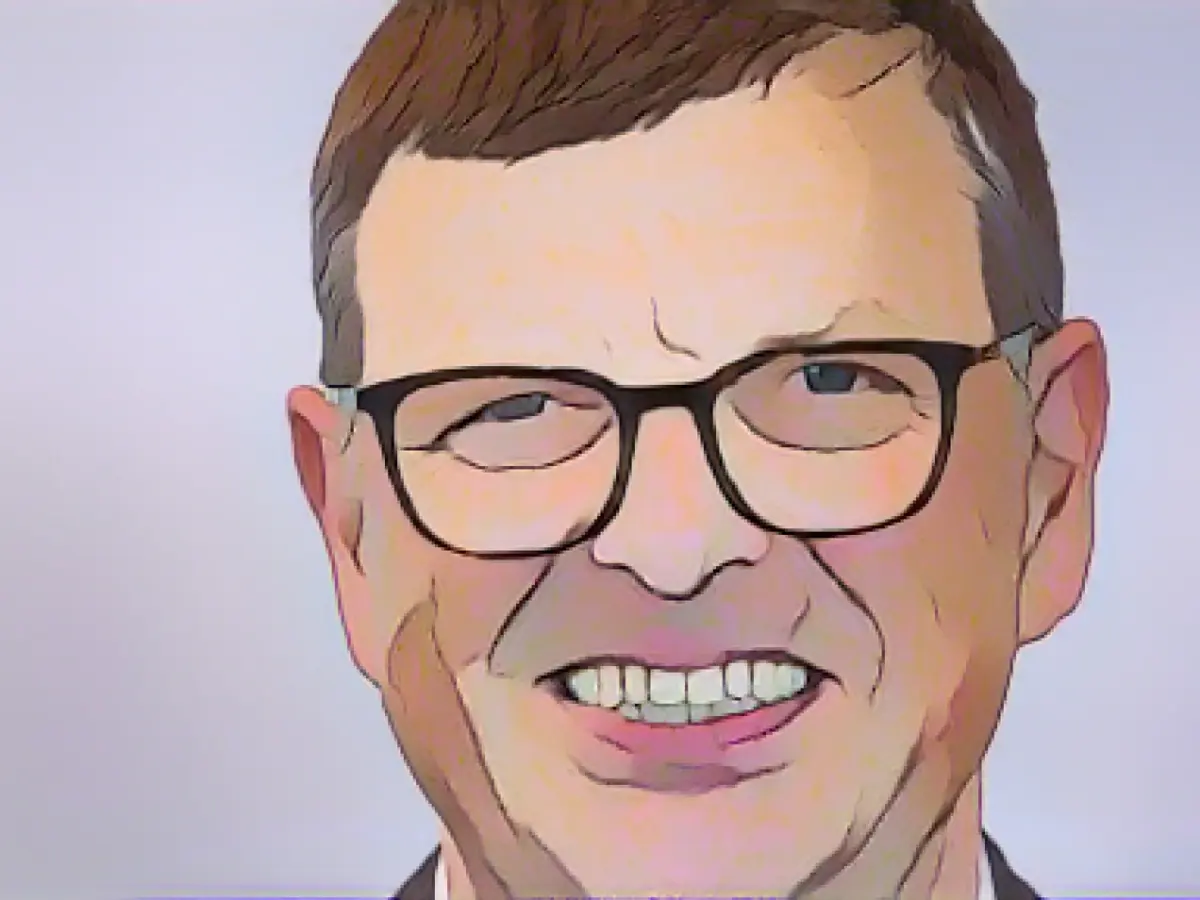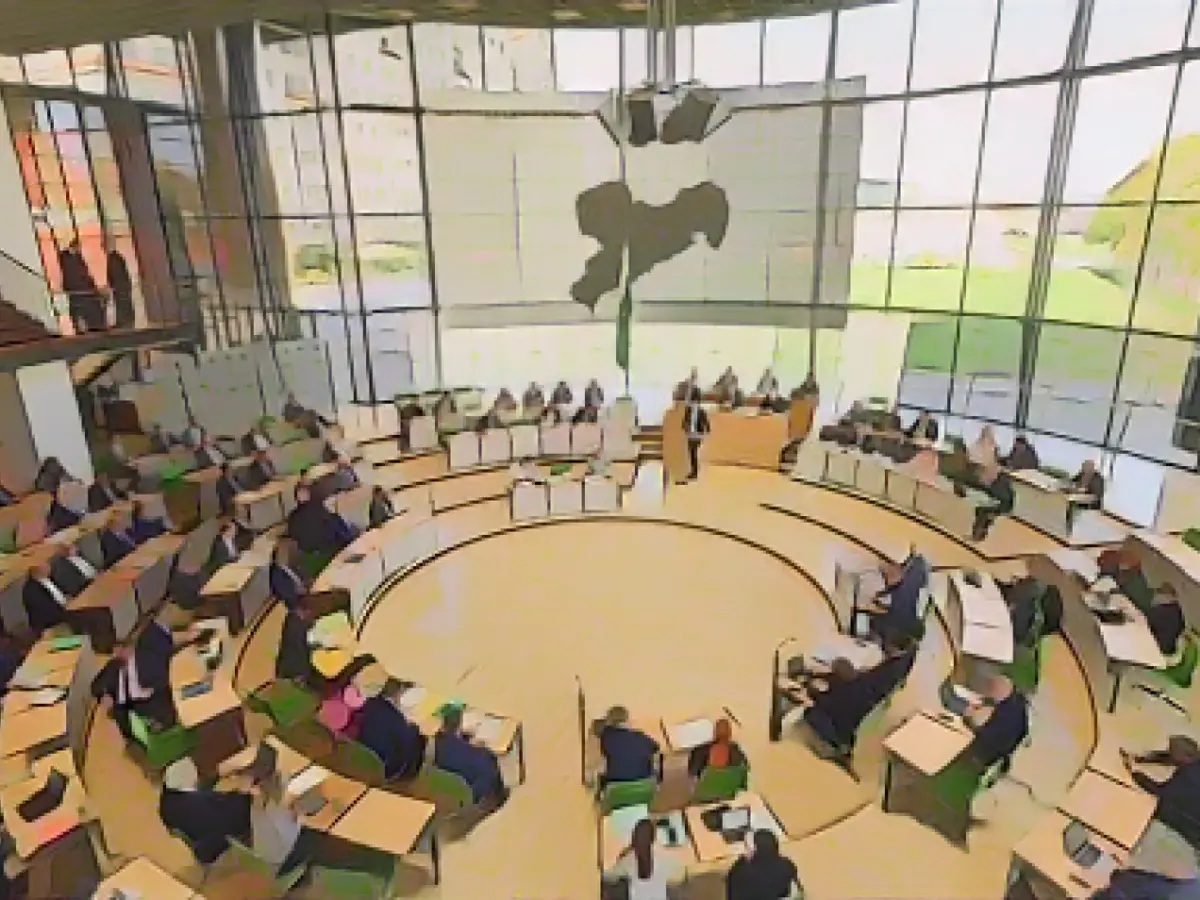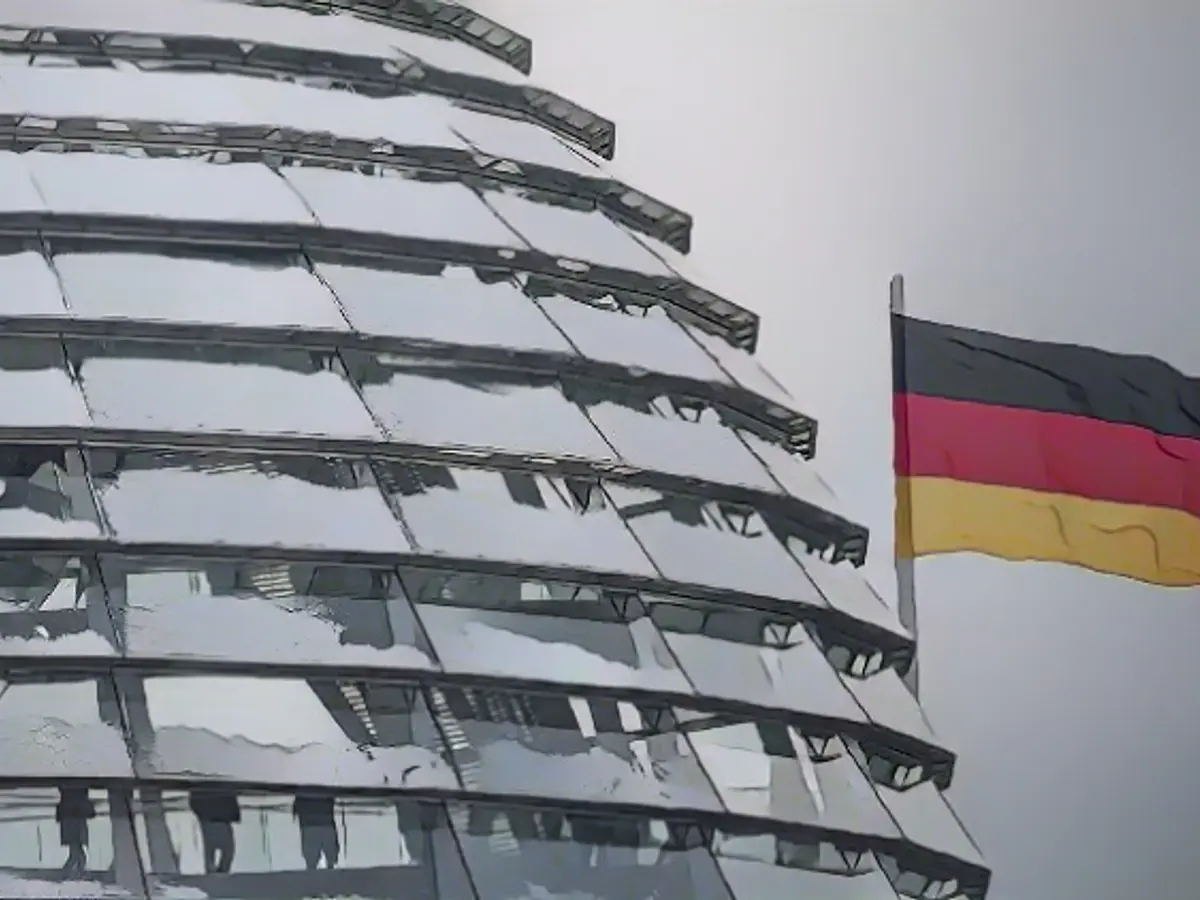The coalition government is squabbling over the implications of the Federal Constitutional Court's budget ruling. Green politicians advocate for modifying the debt brake, with SPD leader Saskia Esken suggesting it shouldn't be enforced in 2023 and 2024. The FDP, however, prefers keeping the debt brake intact and scrutinizing social benefits. SPD leader Lars Klingbeil cautions against halting modernization in Germany.
Following the Federal Constitutional Court's ruling on Wednesday, they prohibited reallocating coronavirus loans for climate protection and industry modernization. This decision resulted in a 60 billion euro shortfall from the Climate and Transformation Fund, a fund separated from the core budget. The challenge now is how the traffic light coalition will compensate for this financial void.
Klingbeil stated to the German Press Agency that the court decision shouldn't impede modernizing the nation. Germany needs investments and planning security to progress. He pointed out the nation has been overreliant on the status quo in recent years, leading to inadequacies in infrastructure like unreliable public transportation and aging infrastructure.
Green Party leader Ricarda Lang stressed her disapproval of a strict austerity approach on ZDF's "Berlin direkt." She emphasized that cutting back on social issues wouldn't be wise and could trigger an economic and social crisis. Regarding where Greens would find savings, Lang suggested examining climate-damaging subsidies.
The FDP's Christopher Dürr advised discussing where the welfare state could contribute to fiscal policy consolidation. He highlighted the importance of generating income before distribution, cautious not to overstimulate the economy via tax increases.
Green parliamentary group leader Katharina Dröge advocated for reforming the debt brake, claiming it's suboptimal economically. She argued that the debt brake hinders necessary investments and is harmful to Germany as a business location.
Christian Lindner, Finance Minister and FDP party leader, stated the Court's new clarity shouldn't weaken the debt brake, but rather strengthen it. The CDU/CSU warned the coalition against bypassing the debt brake, asserting that no economic emergency exists as the federal government failed to declare one upon revising its fall forecast in October.
Insights:
The German traffic light coalition faces challenges in addressing a financial shortfall resulting from the Federal Constitutional Court's ruling on coronavirus loans and climate protection funds. As a result of this ruling, the coalition must reevaluate specific environmental subsidies and welfare state contributions, among other potential measures.
It's crucial for the coalition to navigate these issues while balancing various political interests and economic policy outlooks. Ongoing challenges, such as the economic fallout from the pandemic and upcoming elections, further complicate their task of bridging this financial gap.
